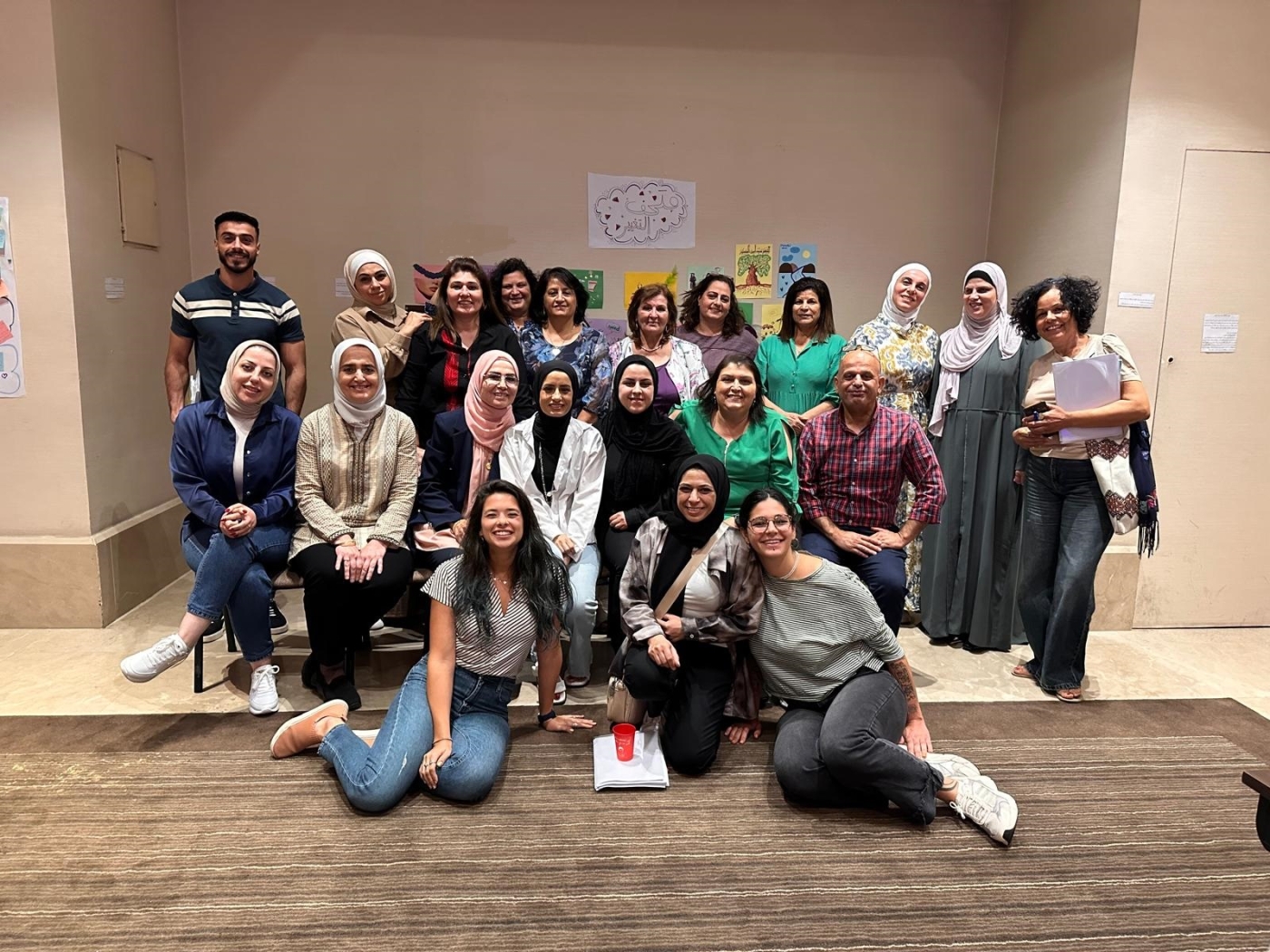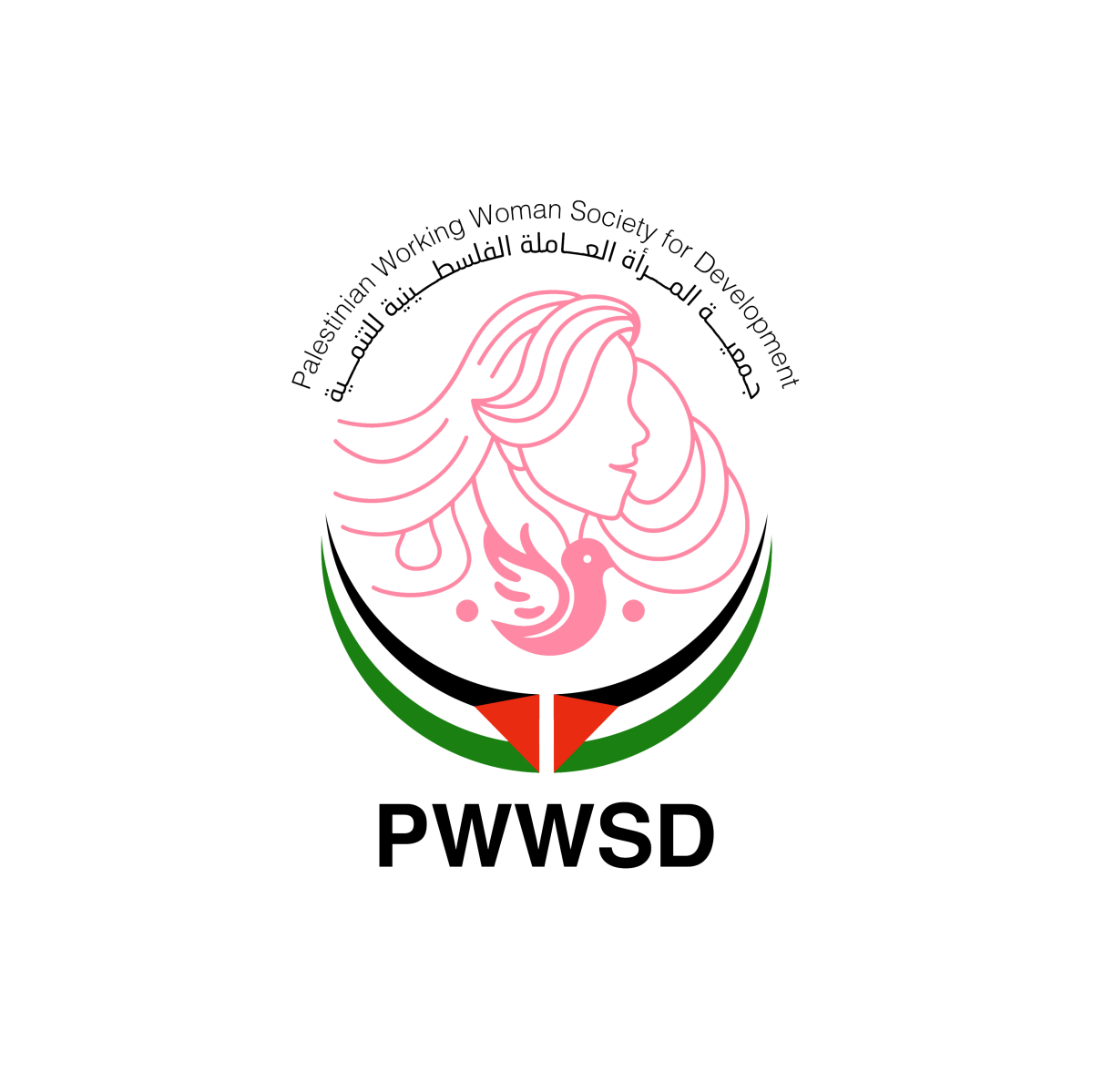The Kvinna till Kvinna Foundation, in partnership with Palestinian Working Woman Society for Development (PWWSD), organizes a specialized Feminist MEAL Training in Amman

Amman – Ramallah, September 25, 2025– The Kvinna till Kvinna Foundation, in partnership with Palestinian Working Woman Society for Development (PWWSD), organized a first-of-its-kind specialized training on Monitoring, Evaluation, Accountability, and Learning (MEAL) from a feminist perspective, with the participation of 13 women’s organizations from Palestine, in the Jordanian capital Amman.
This training comes within the framework of the program “Feminism for Women’s Economic Rights – FEM PAWER” implemented by PWWSD, led by the Kvinna till Kvinna Foundation and funded by the Dutch Ministry of Foreign Affairs. It represents a milestone in a process of more than a year and a half, during which a detailed feminist participatory MEAL guide was developed. The guide aims to strengthen the capacities of women’s organizations to monitor and evaluate their work in women’s rights, combatting violence, addressing gender-based economic violence, and promoting feminist learning through reflective, credible, and effective practices. It also includes holding feminist MEAL sessions with grassroots partner organizations under the FEM PAWER program in Palestine, Jordan, and Lebanon.
The three-day training focused on feminist concepts and on transforming MEAL from a purely technical tool into a change-oriented process that examines the social impact of development programs and projects, restoring value to women’s experiences and voices. The training included in-depth discussions on applying feminist methodologies to assess results and measure transformations in justice and equality, moving beyond traditional quantitative indicators.
The training was delivered by a consulting team accredited by Kvinna till Kvinna, composed of three experts in monitoring, evaluation, accountability, and learning: Francesca Asmar, Aseel Faris, and Emily Brown. Francesca Asmar stated: “The training provided an important space to politicize our work in monitoring, evaluation, and learning, helping us understand that it is not merely a technical process but the production of knowledge—a feminist practice in itself that serves our movements and struggles above all. We focused on learning grounded in our realities and experiences, working on how to apply our feminist principles at every step, and contributing to the shared goal of social and gender justice.” She added that the discussions were deep and enriching, grounded in lived experiences, and opened new horizons for participants to consider how monitoring and evaluation can become an effective tool for meaningful change.
Participants emphasized that the training provided a valuable opportunity to strengthen feminist partnerships and reaffirm that genuine development can only be achieved when women are at the heart of evaluation and decision-making—not merely as beneficiaries, but as partners with rights, expertise, and knowledge.
PWWSD representatives included Director- General Amal Khreisheh, Programs Director Samhan Samhan, and Economic Program Manager Basma Abu Aker. From Kvinna till Kvinna, Program Manager Rana Khoury and Advocacy and Lobbying Officer Hadeel Hazem joined the sessions.
Amal Khreisheh noted that what distinguished this training was its grounding in authentic local knowledge, rather than being limited to theory. She explained that change is a complex and long-term process tied to the specific contexts of local communities, and cannot always be measured by rigid or quantitative indicators. She added that the training is a qualitative addition to existing evaluation methodologies and tools, helping measure long-term impact and foster the desired social change towards a society of justice, equality, and non-discrimination.
Basma Abu Aker emphasized that the training strengthened collaboration and knowledge exchange among women’s organizations, particularly by bringing together both old and younger feminist leaders, enriching discussions and experiences. She highlighted that involving women in all project stages—from planning to evaluation and lessons learned—is essential, underscoring that feminism is an issue for society as a whole, not only for women.
Mustaham Salameh, from the “Not to Forget” Association, affirmed that the training created an important opportunity to connect with organizations from 1948 territory, in addition to those in the West Bank, providing a valuable space for feminist knowledge exchange. She recommended ensuring that such practices are reflected in the daily work of organizations.
Kifah Bani Odeh, from the “Stars of Hope Society” for the empowerment of women with disabilities, stressed the importance of the training in addressing the priorities of women’s organizations in MEAL, underscoring the need to document such practices and build guides rooted in clear feminist principles.
It is worth noting that the program “Feminism for Women’s Economic Rights – FEM PAWER” is implemented by a coalition of four women’s rights organizations in the Middle East and North Africa (MENA), coordinated by the Kvinna till Kvinna Foundation, together with the Arab Women Organization (AWO) in Jordan, the Collective for Research and Training on Development – Action (CRTDA) in Lebanon, and the Palestinian Working Woman Society for Development (PWWSD) in Palestine.
The program aims to strengthen the capacities of local women’s organizations in advocacy and accountability towards gender equality, particularly holding the private sector responsible for addressing issues related to informal labor and protecting young women from gender-based economic violence. It also seeks to empower young women facing such discrimination in Jordan, Lebanon, Palestine, and Tunisia to become leaders in this field—holding duty bearers accountable, improving the working conditions of women in the informal sector, and ensuring their economic rights. The program also works to strengthen women’s leadership, challenge discriminatory social norms, and advance gender equality throughout its five-year duration.






